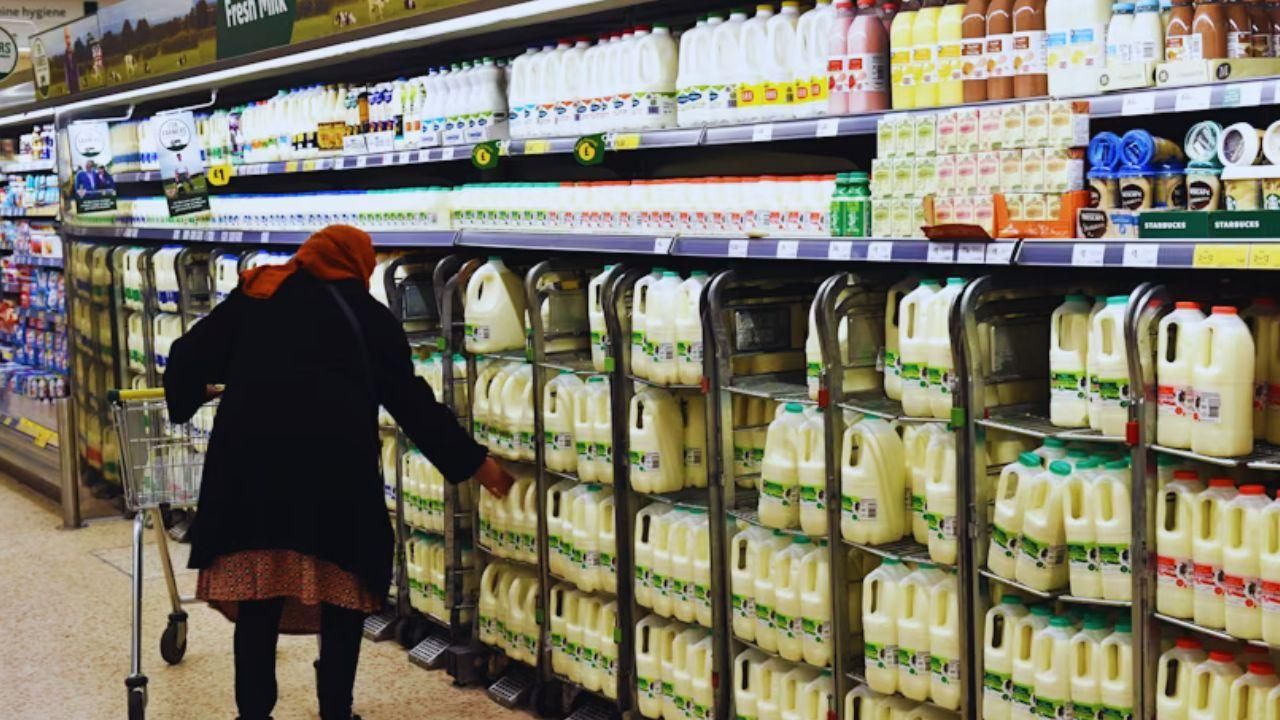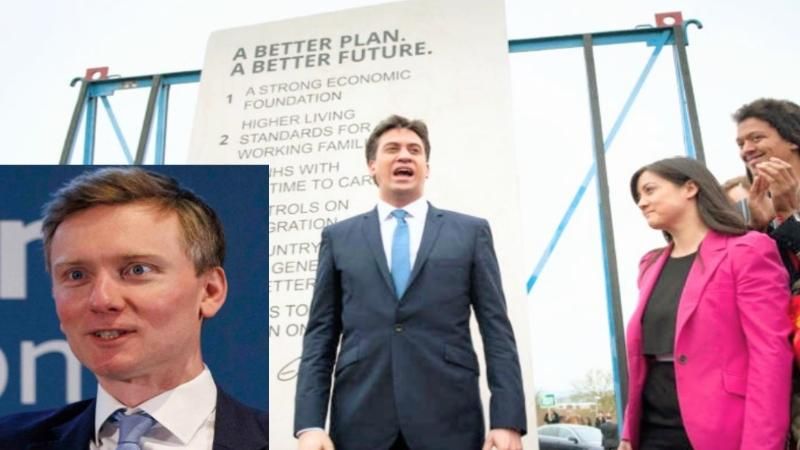According to the Office for National Statistics, inflation unexpectedly dropped to 2.5% in December after analysts had predicted it would remain unchanged.
It indicates that prices are still rising, albeit more slowly than previously, and represents a very modest decline from the Consumer Prices Index inflation rate of 2.6% in November.
Although December's headline result is still higher than the Bank of England's 2% objective, most analysts had been expected the inflation rate to stay at 2.6% last month.
Grant Fitzner, the ONS’s chief economist, said: “Inflation eased very slightly as hotel prices dipped this month, but rose a year ago. The cost of tobacco was another downward driver, as prices increased by less than this time last year.
"This was partly offset by the cost of fuel and also second-hand cars, which saw their first annual growth since July 2023.”
Responding to the fall in CPI inflation, Chancellor Rachel Reeves said she would “fight every day” to improve people’s living standards.
She said: “There is still work to be done to help families across the country with the cost of living.
"That’s why the government has taken action to protect working people’s payslips from higher taxes, frozen fuel duty and boosted the national minimum wage.
“In our plan for change, we were clear that growth is our number one priority to put more money in the pockets of working people.
“I will fight every day to deliver that growth and improve living standards in every part of the UK.”
Economists had predicted prices to pick up the pace again this year.
“Looking ahead, price momentum will only pick up from here,” Sanjay Raja, a senior economist for Deutsche Bank said.
“Increases to the National Living Wage and employer national insurance contributions will, we expect, push inflation higher over 2025. Higher energy prices won’t help either, nor will higher food prices, which are starting to emerge.”
Confederation of British Industry principal economist Martin Sartorius said Reeves’ hike in employers’ national insurance would contribute to inflation remaining “elevated” this year despite December’s slight fall.
“Inflation remained moderately above the Bank of England’s 2% target in December, reflecting the impact of ongoing price pressures such as strong wage growth,” he said.
“Looking ahead, we expect inflation will stay elevated this year, partly due to autumn budget measures contributing to higher prices.
“Persistent, above-target inflation supports our expectation that the Monetary Policy Committee will loosen policy at a gradual, quarterly pace throughout 2025.
“The next rate cut is still likely to come in February, which will bring some respite for businesses and households as they continue to face high borrowing costs.”








.svg)


